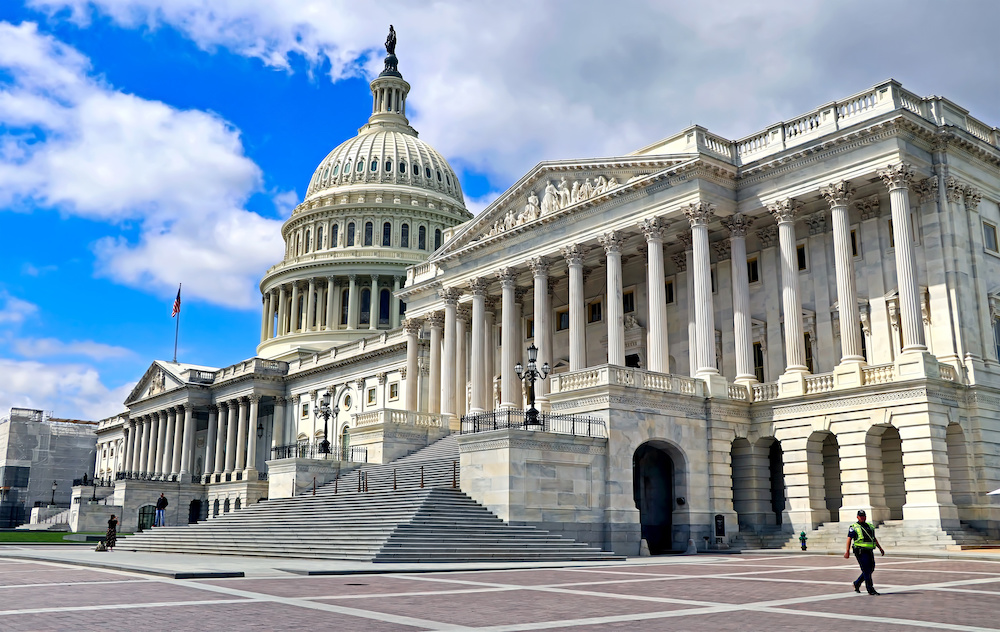Puerto Rico has been a territory of the United States for well over a century. In all that time, the U.S. Senate has never addressed the status of Puerto Rico.
“The House introduced and passed H.R. 8393, Puerto Rico Status Act. H.R. 8393 was successful in that it received the support of the entire Democratic caucus and 16 Republicans in the House with the bipartisan vote of 233-191. Moreover, the Biden Administration released a Statement of Administration Policy (SAP) in support of H.R. 8393 on the day of the House floor vote,” George Laws Garcia wrote in a letter from the Puerto Rico Statehood Council to the Senate. “Unfortunately, the U.S. Senate did not have time to consider the legislation in the 117th Congress. In fact, the House has passed three bills to resolve Puerto Rico’s status since 1998, but the Senate has failed to address the issue. It is now incumbent upon the Committee and the Senate to continue the momentum of the House in the 117th Congress, and use its authority under Article 4, Section 3 of the U.S. Constitution to bring an end to the colonial status of the island. Puerto Rico’s political future is inextricably tied to the future of American democracy. As the oldest U.S. colony, it is time to finally provide voters in Puerto Rico a definitive choice among the constitutionally viable options for the island’s political future. Merely dealing with the symptoms of Puerto Rico’s inequality and disenfranchisement is woefully insufficient.”
The Senate and Puerto Rico
It is not literally true that the Senate has never considered Puerto Rico’s status.
In 1989, S712, the Puerto Rico Status Referendum Act, offered a choice among statehood, independence, or “commonwealth.” It defined “commonwealth” as an arrangement in which “Puerto Rico is a self-governing body politic joined in political relationship with the United States and is under U.S. sovereignty. ” It further specified that the Governor of Puerto Rico could revoke federal laws.
S712 died in committee before coming to a vote.
In 1991, S.244, the Puerto Rico Status Referendum Act, was introduced in the Senate. This was the same bill, reintroduced. It had hearings and markup in the Committee on Energy and Natural Resources. It was not approved and died in committee.
S. 472 was called “A bill to provide for referenda in which the residents of Puerto Rico may express democratically their preferences regarding the political status of the territory, and for other purposes.” That was its official title. It called for a choice among statehood, independence, and commonwealth. Several hearings were held, but it also died in committee.
S.865, the Puerto Rico Self-Determination Act of 2021, also died in committee. S.780, the Puerto Rico Statehood Admission Act, suffered the same fate. The Puerto Rico Status Act introduced by Senator Wicker, which was the same as House bill HR8393, the Puerto Rico Status Act, but with the addition of a commonwealth option, never even got a number.
So it is not that bills on Puerto Rico status have never been introduced in the Senate in the past few decades. They have not gotten a vote, though.
It is time for the Senate to pay attention to this important issue. Reach out to your state senator and ask for action on Puerto Rico’s political status.








No responses yet